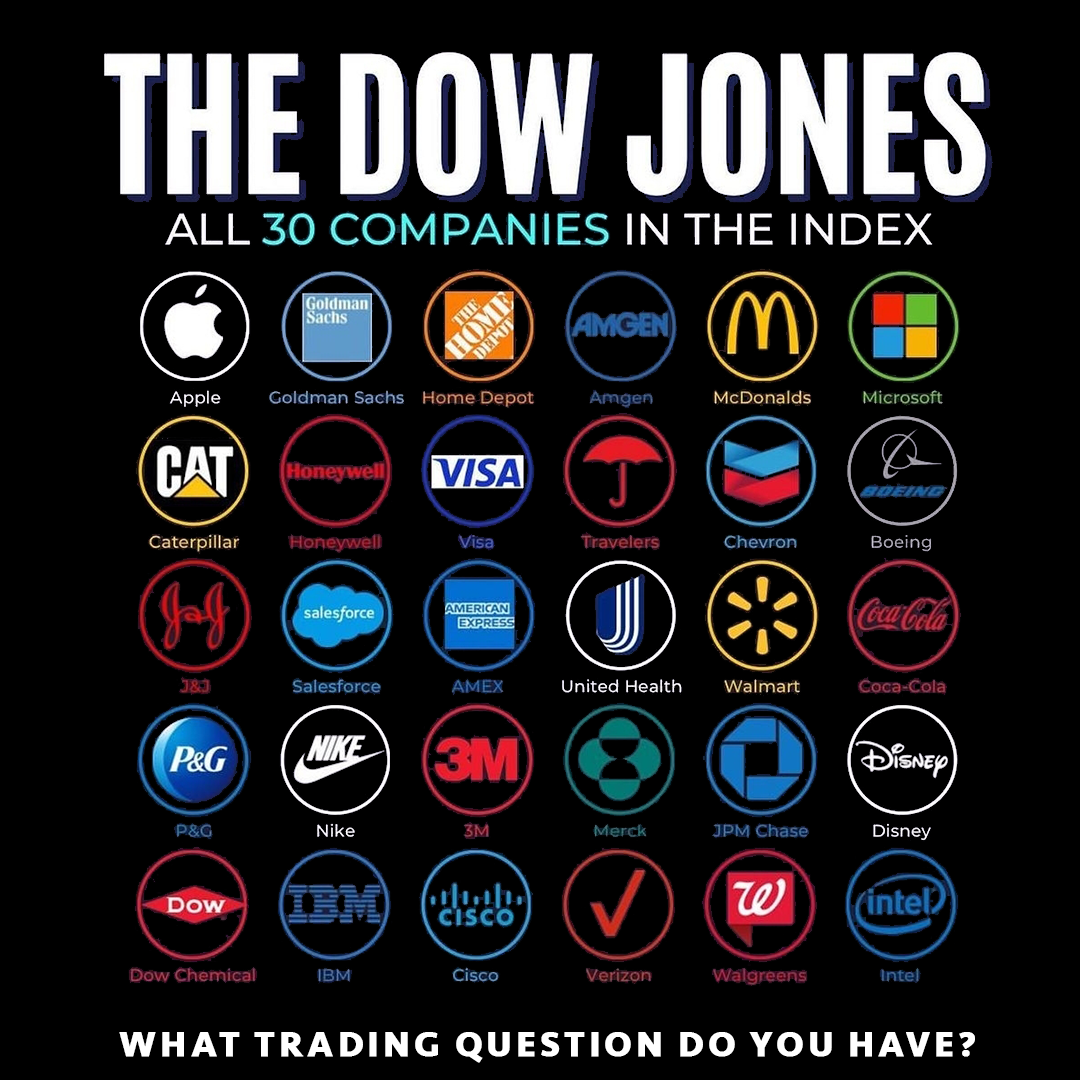Malcolm X
[Op-Ed: From The Archives]
The following comments are excerpted from Malcolm X’s ‘The Ballot or The Bullet‘ speech delivered in Detroit on April 12, 1964. He was preaching Black economic and political empowerment. His words were prescient judging by unemployment and socio-economic conditions in places like Harlem and Detroit today.
The economic philosophy of Black nationalism only means that we should own and operate and control the economy of our community.
You would never– you can’t open up a Black store in a White community. White man won’t even patronize you. And he’s not wrong. He got sense enough to look after himself. It’s you who don’t have sense enough to look after yourself.
The White man is too intelligent to let someone else come and gain control of the economy of his community. But you will let anybody come in and control of the economy of the community; control the housing; control the education; control the jobs; control the businesses, under the pretext that you want to integrate. No! You’re out of your mind.
The economic philosophy of Black nationalism only means that we have to become involved in a program of re-education. To educate our people into the importance of knowing that when you spend your dollar out of the community in which you live the community in which you spend your money becomes richer and richer; the community out of which you take your money becomes poorer, and poorer.
And because these Negroes who have been misled and misguided, are breaking their necks to spend their money with the man, the man is becoming richer and richer and you’re becoming poorer and poorer.
And then what happens? The community in which you live becomes a slum; it becomes a ghetto. The conditions become rundown. And then you have the audacity to complain about poor housing, in a rundown community. Why you run it down yourself when you take your dollars out!
And you and I are in a double trap. Because, not only do we lose by taking our money some place else and spending it, when we try and spend our money in our community, we’re trapped because we haven’t had the sense enough to set up stores and control the businesses of our community.
The man who’s controlling the stores in our community is a man who doesn’t look like we do. He’s a man who doesn’t even live in the community. So you and I even when we try and spend out money in the block where we live, or the area where we live we’re spending it with a man who when the sun goes down takes that basket full of money in another part of the town.
So we are trapped, trapped, double-trapped, triple-trapped. Anywhere we go we find that we are trapped. And any solution that someone comes up with is just another trap.
But the political and economic philosophy of Black nationalism — the economic philosophy of Black nationalism shows our people the importance of setting up these little stores and developing them and expanding them into larger operations.
Woolworth didn’t start out big like they are today they started out as a dime-store. And they expanded, and they expanded, and they expanded until today they are all over the country and all over the world and they are getting some of everybody’s money….
General Motors, the same way, they didn’t start out like it is. It started as a little rat race operation and expanded and expanded until today it’s where it is right now. And you and I have to make a start and the best place to start is right in the community where we live.
So our people not only have to be re-educated to the importance of supporting Black business but the Black man himself has to be made aware of the importance of going into business. And once you and I go into business, we own and operate, at least the businesses in our community, what we will be doing is developing a situation wherein we will actually be able to create employment for the people in the community.
And once you can create some employment in the community where you live it will eliminate the necessity of you and me having to act ignorantly and disgracefully, boycotting and picketing some [White man] some place else trying to beg him for a job.







